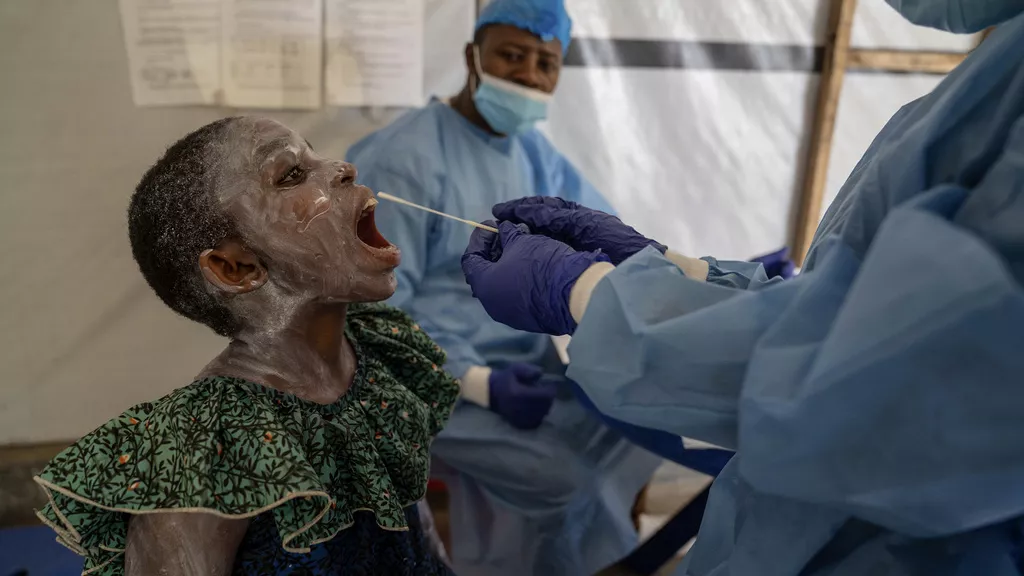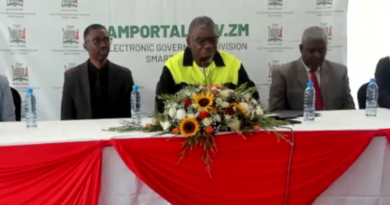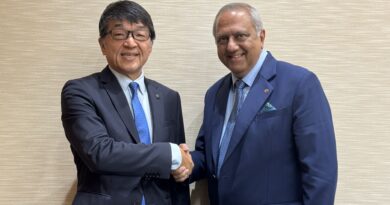DR Congo Faces Severe Medicine Shortages and Overcrowding Amid Mpox Outbreak
The Democratic Republic of Congo (DRC) is grappling with severe medicine shortages and overcrowding in hospitals as it battles a worsening Mpox outbreak. The situation has become increasingly dire as the virus, declared a global public health emergency three weeks ago, strains the nation’s already fragile healthcare system.
In the eastern DRC, particularly in the town of Kavumu in South Kivu, over 900 patients have been admitted in the past three months. Health workers are struggling to manage the crisis with limited resources and frequent medicine shortages.
“We run out of medicine every day,” said Dr. Musole Mulamba Muva, head of a local hospital. The situation is exacerbated by a significant decrease in international aid.
Last week, 135 patients, including children and adults, were crammed into three large tents lacking proper flooring. Family members, typically a source of support in underfunded hospitals, have been barred from visiting to prevent further spread of the virus.
“We have nothing to eat,” said Nzigire Lukangira, a mother of a hospitalized child. “When we ask for medicine to lower our children’s fever, we get nothing,” she added.
Congo’s President Felix Tshisekedi has approved a $10 million fund to support the outbreak response, and vaccines are expected to arrive soon. However, the situation on the ground remains critical.
Cris Kacita, leading Congo’s response to the outbreak, acknowledged the medicine shortage but emphasized that delivering supplies, including 115 tonnes of medicine from the World Bank, is a top priority.
Dr. Samuel Boland, the incident manager for Mpox at the WHO Regional Office for Africa, revealed new strategies to reach conflict-hit regions using radio broadcasts and a large network of personnel already mobilized across Mpox-affected areas. However, these strategies are still being implemented.
The World Health Organization (WHO) held a five-day 74th session of the Regional Committee for Africa, attended by nearly 1,000 delegates including WHO Director-General Tedros Adhanom Ghebreyesus, to address the Mpox resurgence.
The latest WHO updates reassured that Mpox is not as severe as COVID-19, but the urgent need for improved resources and support remains evident.
sources: Other News Agencies



